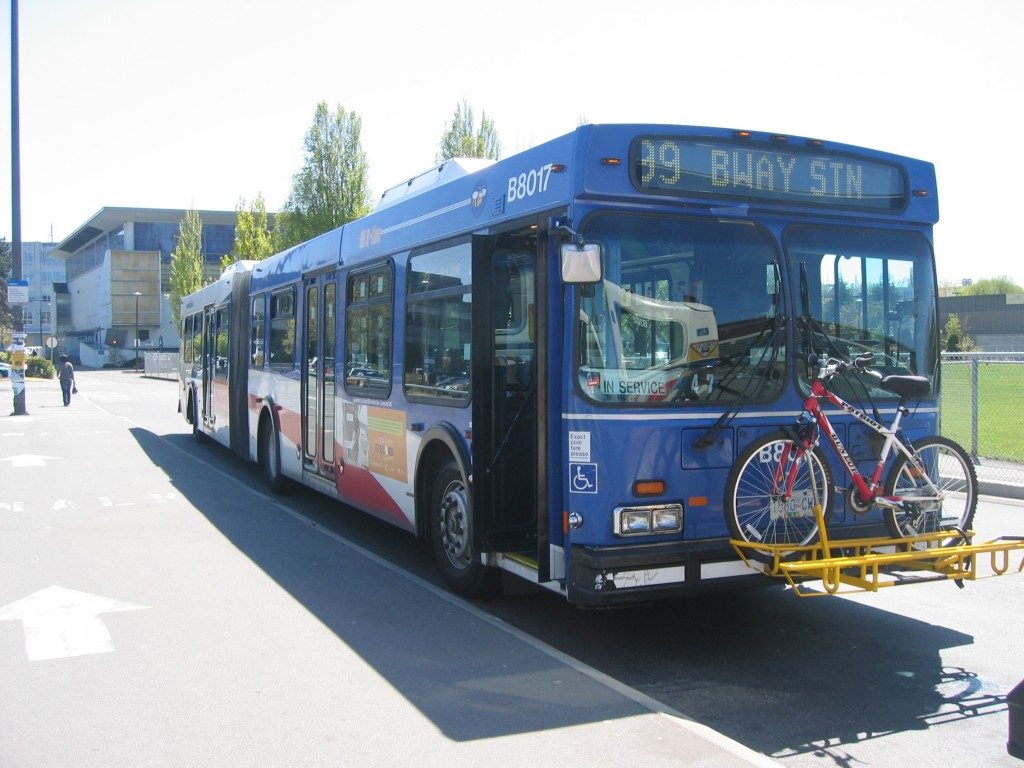
Transit operators vote in favour of taking job action
By Mercedes Deutscher, News Editor
After failing to agree on a new contract with TransLink, members of Unifor Local 111 and 2200—the unions that represent 3,700 transit operators—voted on April 28 whether or not to go on strike. Turnout was high, with 98 per cent in favour of the strike.
At this time, this does not mean that bus drivers, SeaBus operators, and other TransLink staff will be walking off of the job; however, the unions will be going to the negotiating table with the Coast Mountain Bus Company, the section of TransLink that they are hired by.
The unions may choose to take job action if negotiations fail by giving 72 hours notice. If job action occurs, bus services will be dramatically reduced, with busier routes having reduced service and quieter routes ceasing to operate at all. The SkyTrain will still continue to operate as normal, perhaps increasing non-peak-hour service to transport an increase in passengers.
The unions have requested higher wages, increased benefits, and better work environments as part of their demands. Workers have said they experienced more “service optimization,” which resulted in cuts to service, overcrowding of remaining services, and layoffs, according to the Vancouver Sun. Breaks have also been an issue.
“There’s no respite for operators at the end of the line; there are few opportunities to go to the washroom or take on a nutrition break,” Nathan Woods, president of Unifor 111, said to the Vancouver Sun. “You’ve got to improve opportunities for respite.”
Contract negotiations were originally supposed to take place in 2014, but their pre-existing contract was extended by a year so that TransLink could better focus on the 2015 plebiscite.
In the April 6 contract negotiations preceding the vote for job action, Coast Mountain tried to negotiate a contract that would take away previous benefits won in a 2001 strike.
“We’re looking forward to meeting with the employer on May 9,” Woods said to CTV News. “Hopefully they come back and have a package that we can look at and get down to negotiating again.”
TransLink maintains in a statement that they wish to resolve the issue quickly and fairly through negotiations.
The last time that these unions went on strike was in 2001, where job action lasted for four-and-a-half months until the union was legislated back to work, although a satisfactory contract was created afterwards. It followed similar patterns to the 2014 BC Teachers Federation strike, with suggestions of binding arbitration and intense intervention by long-time mediator Vince Ready. Low-income employees were particularly affected, as many were unable to get to work without public transit. Smaller businesses also suffered under the strike, losing up the 70 per cent profit since fewer people could access them.

